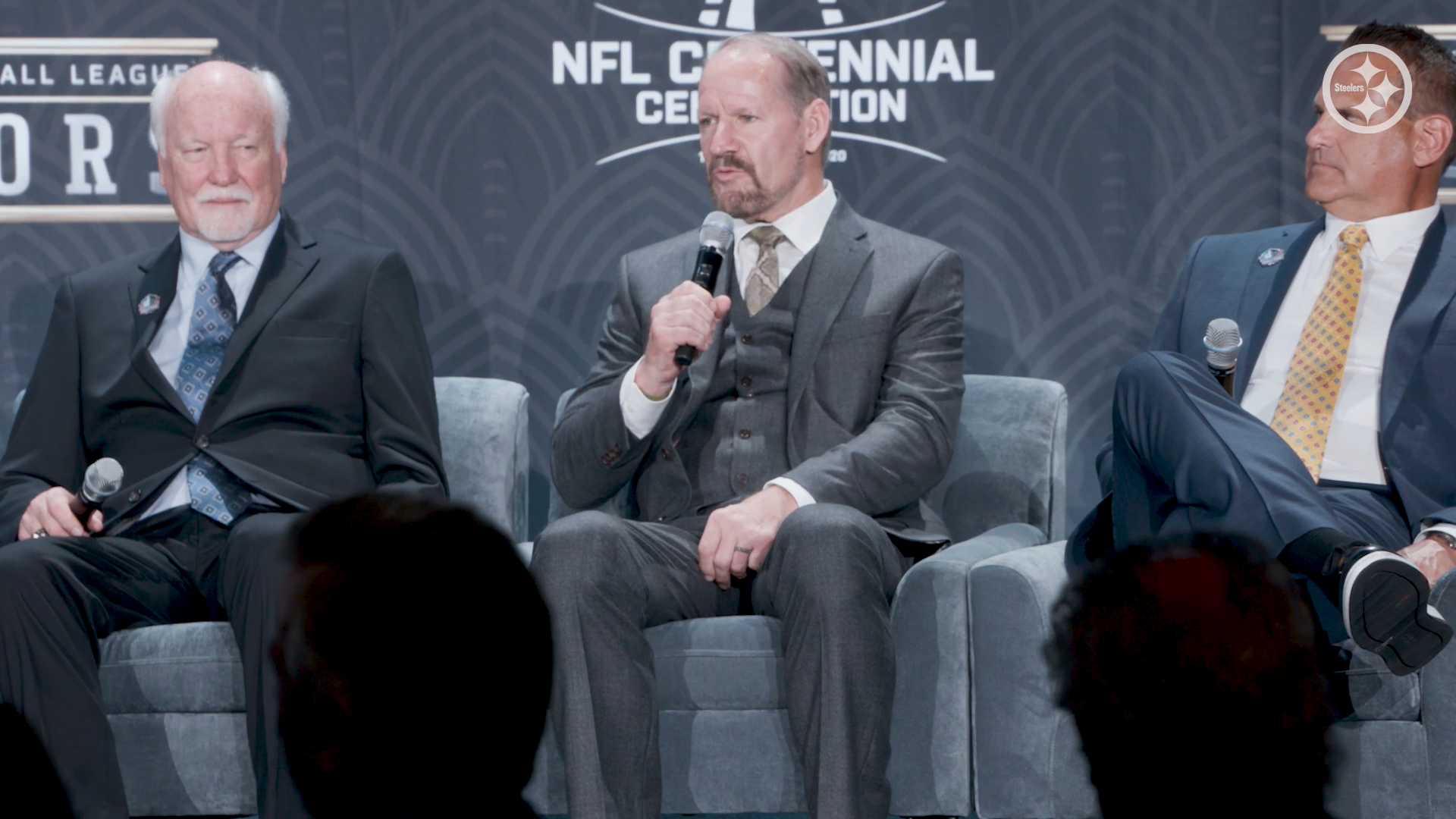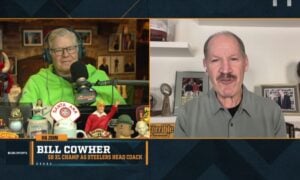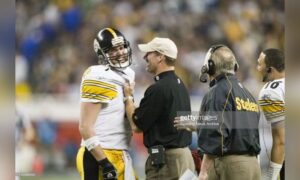If there’s one thing that you know about Troy Polamalu, aside from his hair, then it’s probably the fact that he was known to be something of a wildcard on the field, given a certain level of freedom to move himself around and change his assignment when he saw a play that was there to be made.
When you are a unique talent like Polamalu who has the intelligence and hard work behind your craft, however, a smart coach will let you do that, and that is the relationship that he had with Bill Cowher, Dick LeBeau, and later Mike Tomlin with the Pittsburgh Steelers in the 2000s into the early 2010s. And it took him all the way into the Hall of Fame, plus a couple of rings, so it must have worked out to some degree.
Polamalu and Cowher have the distinction to be going into the Hall of Fame in the same class in 2020, which has led to a lot of reflection between them. The head coach recalled certain memories of his rookie year during a recent panel.
“We threw a lot at him. We put him in a lot of different positions his first year”, he said. “I always feel like I throw a lot of things on the board, and I think at some point it’ll resonate. It probably didn’t resonate the first year”.
“But I think in the long run, what he was able to do, because he’s a smart player, he was able to understand, conceptually, what we were trying to do”, he added. “And consequently, he took those concepts to another level. His skill set, his preparation, his instincts, his playmaking ability, just superseded anybody I’ve ever been around, and at times we had to live with Troy’s decisions”.
He joked that it was “not always easy at times” to live with Polamalu’s discretion, “but I would say for every mistake he made, he probably won us three or four games, just by being him. A special player, and the more you were around him, the more you saw it”.
I don’t imagine there are many people left who still have to be sold on the concept of Polamalu being a great player. His reputation transcends the Steelers, certainly, and even football, as there are people with no interest in the game who are generally familiar with him, and the fact that he was great.
It’s telling how much the team struggled in 2009 and 2012, the two years during which he missed an extensive amount of time due to injury. They never properly replaced him either, when he left, because really, you can’t replace that kind of talent.
But they may have finally found a true successor in Minkah Fitzpatrick, though he plays free safety rather than strong. He certainly has the potential to be the best defensive back the team has had since Polamalu retired. He’s also extremely smart, and physical gifted. Will he be able to exercise certain freedoms Polamalu had down the road?








